This year's report was originally published on 6 January 2020 and updated on 19 March 2020.
IntroductionIn January, we wrote that this year was a tipping point, with a historic shift in globalization; a weakened US leadership; the rise of populism within the world's democracies; the rise of an alternative Chinese economic, political and technological model; and the decline of an aggrieved and interventionist Russia pushing the world into a geopolitical recession. We now face the first global crisis of our geopolitical recession … a coronavirus pandemic. The timing isn't good.
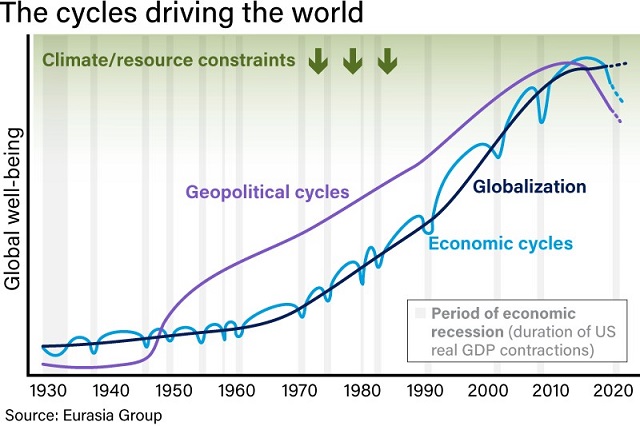
We warned in January that globalization was under siege; we were more right about that than we would like to be. Travel to the US from Europe and China, and travel to Europe from just about anywhere, has now been halted. The coronavirus outbreak has dealt a body blow to the global flow of goods and services, accelerating the process we wrote about. The public health emergency has also deepened the geopolitical recession, as the US shows little interest in quarterbacking an international response, and China aims to take advantage of the vacuum. More broadly, the pandemic has forced all nations to look inward, speeding both this recession and the process of deglobalization.
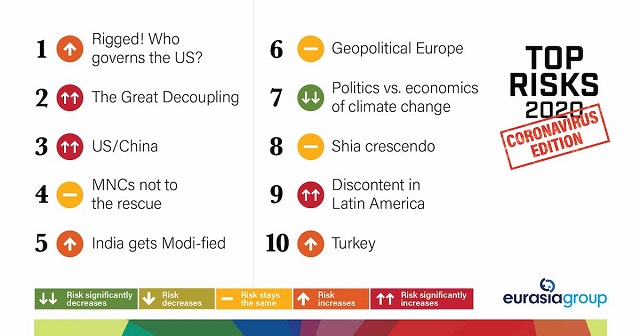
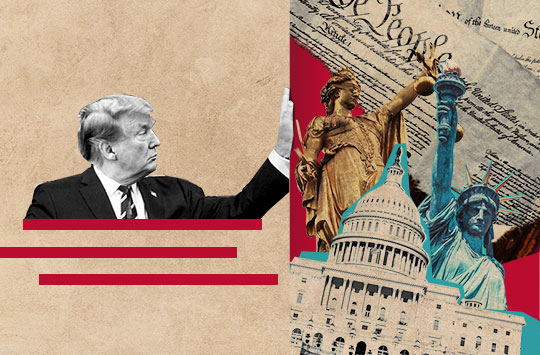
1. RIGGED!: WHO GOVERNS THE US?
We've never listed US domestic politics as our Top Risk, but in 2020, US institutions will be tested in unprecedented ways.

2. THE GREAT DECOUPLING
The decision by China and the US to decouple in the technology sphere is the single most impactful geopolitical development for globalization since the Soviet Union collapsed.
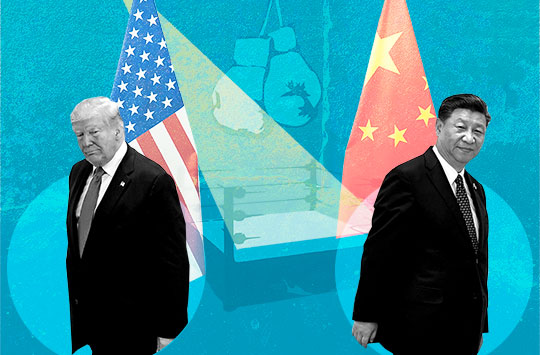
3. US/CHINA
Divergences between the US and China's political structures are bringing irreconcilable differences to the fore, and tensions will lead to a more explicit clash over national security, influence, and values.
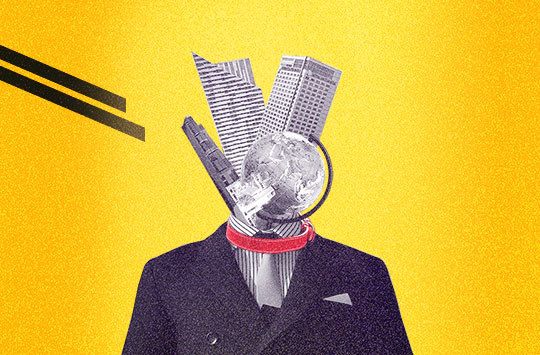
4. MNCs NOT TO THE RESCUE
Nation-states are reasserting themselves, presenting corporates with a significantly more confrontational regulatory and geopolitical environment going forward.
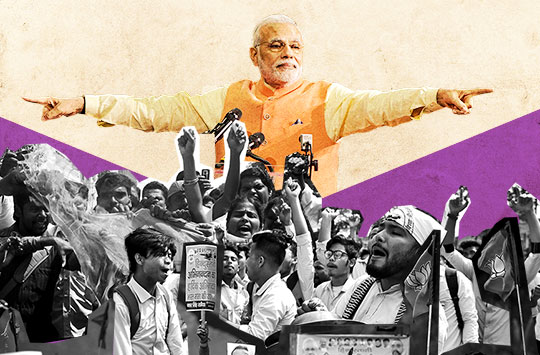
5. INDIA GETS MODI-FIED
Prime Minister Narendra Modi has spent much of his second term promoting controversial social policies at the expense of an economic agenda. The impacts will be felt in 2020.
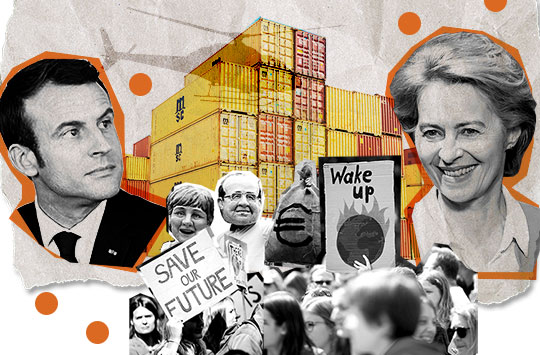
6. GEOPOLITICAL EUROPE
For years, Europe has proven unable or unwilling to effectively push back where it disagreed with Washington or, increasingly, Beijing. This is about to change.
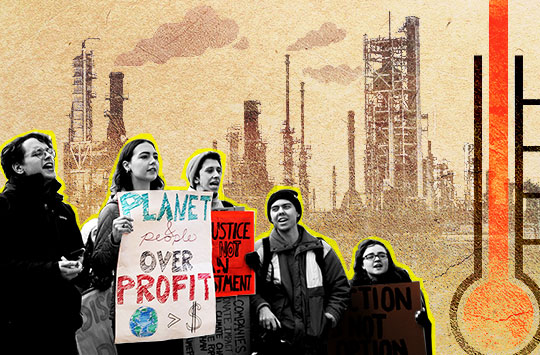
7. POLITICS VS. ECONOMICS OF CLIMATE CHANGE
Climate change will create a collision course for corporate decision-makers, who must choose between commitments to reduce emissions and bottom lines.
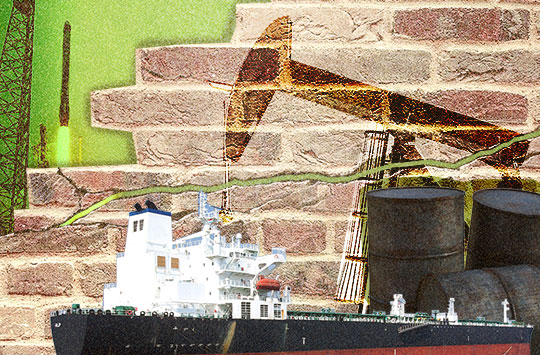
8. SHIA CRESCENDO
US policy toward the major Shia-led nations in the Middle East is failing. That creates significant risks for regional stability.
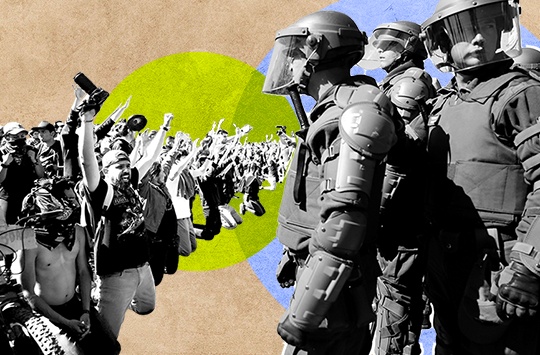
9. DISCONTENT IN LATIN AMERICA
Public anger over sluggish growth, corruption, and low-quality public services will keep the risk of political instability high across Latin America in 2020.
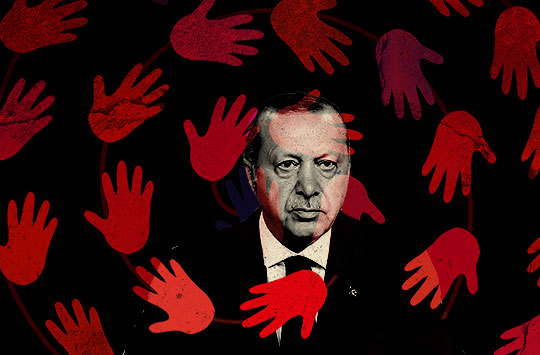
10. TURKEY
President Recep Tayyip Erdogan has entered a period of steep political decline. With a long history of provocative behavior in response to threats, his weakness will lead him to lash out.
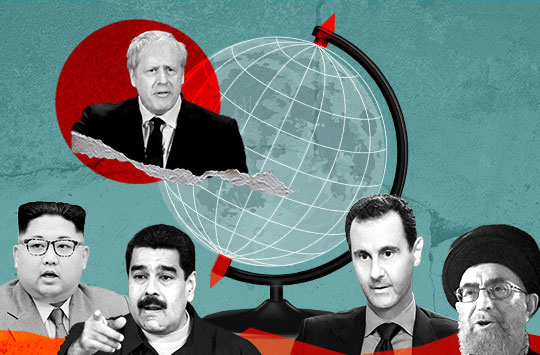
RED HERRINGS
The new “axis of evil" is unlikely to blow up, despite the headlines. The world's advanced industrial democracies remain well-positioned to withstand the populist storm in 2020. A big win for Boris Johnson gives Britain a much-needed break from Brexit madness.
conclusion
Yours through the looking glass,
—Ian & Cliff







